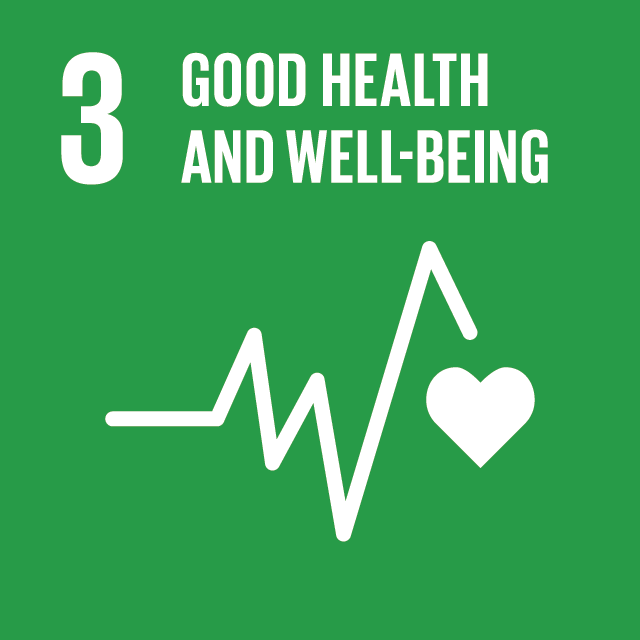
European Obesity Day

| Date | 29.04.2022 |
| Department | Faculty of Nursing |
| SDG |  |
EUROPEAN OBESITY DAY The prevalence of obesity has tripled since the 1980s in many countries of the World Health Organization (WHO) European Region and the number of those affected continues to increase. Obesity is responsible for 2-8% of healthcare costs and 10-13% of deaths in different regions. The obesity epidemic, which is not limited to industrialized societies, shows that more than 115 million people in developing countries have obesity-related problems. According to the Turkey Demographic and Health Survey (2019), 59% of women are overweight or obese. In addition to causing a variety of physical disabilities and psychological problems, obesity is one of the biggest public health problems of the 21st century, as excess weight also increases a person's risk of developing a number of non-communicable diseases, including cardiovascular disease, cancer and diabetes, as well as a combination of these. It is one of the health problems. Obesity is defined by WHO as "excessive fat accumulation in the body to the extent of impairing health". Fat tissue constitutes an average of 15-20% of body weight in adult men and 25-30% in women. Obesity is defined as when the rate exceeds 25% in men and 30% in women. In general, in clinical practice for diagnosis and type determination, body mass index (BMI) and waist circumference are determined by measuring height and weight. The BMI value is obtained by dividing the weight in kilograms by the square of the height in meters (kg/m²). Obesity is a complex condition that has serious social and psychological dimensions, affects almost all age and socioeconomic groups, and threatens both developed and developing countries. Obesity-related health problems range from an increased risk of premature death to serious chronic conditions that reduce overall quality of life. Although men are generally more overweight, women have higher rates of obesity. Overweight and obesity are increasing significantly in low- and middle-income countries, especially in urban areas. May 22 has been accepted as "European Obesity Day" by European health authorities (European Association for the Study of Obesity (EASO)). It started as a campaign by a group of physicians and patients in 2010. Different events are being organized these days to raise awareness about obesity in Europe. In order to facilitate action in the fight against obesity throughout the WHO European Region, WHO organized the European Ministerial Conference on Combating Obesity in Istanbul on 15-17 November 2006. At the conference, member states adopted the European Charter to Combat Obesity. Also in July 2013, health ministers of WHO European member states adopted the Vienna Declaration on Health 2020 on Nutrition and Noncommunicable Diseases. This declaration acknowledged the high burden of disease caused by unhealthy diets and expressed concern about the rise of overweight and obesity among children. WHO's recommendations for preventing and managing obesity are to ensure that diet and daily physical activity levels can be modified effectively and sustainably. For this reason, both societies and governments need to take action to prevent the epidemic in the fight against obesity. National policies should encourage and provide opportunities for more physical activity. It should improve the availability, availability and accessibility of healthy foods. It should also encourage the participation of different government sectors, civil society, the private sector and other stakeholders. RESOURCES WHO, 2020. Controlling the global obesity epidemic. https://www.who.int/nutrition/topics/obesity/en/ WHO, 2020. Health topics: Obesity. https://www.who.int/topics/obesity/en/ Hacettepe University Health Studies Institute, 2019. 2018 Türkiye Population and Health Survey. Hacettepe University Population Studies Institute, TR Presidency Strategy and Budget Directorate and TÜBİTAK, Ankara, Turkey.